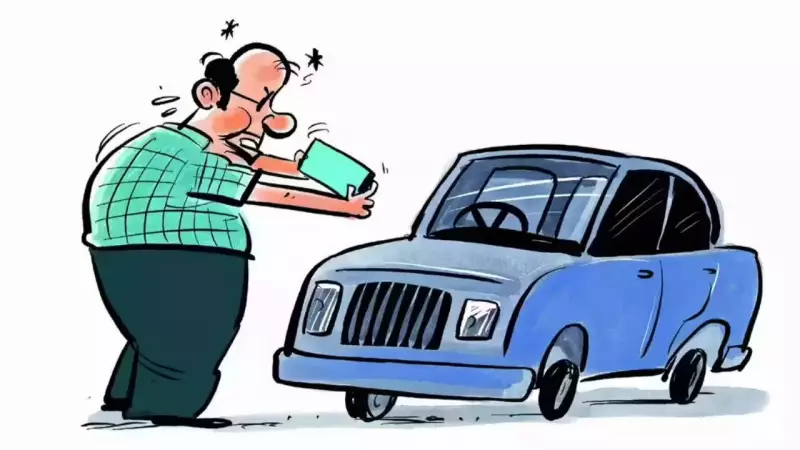
Just when you thought the KYC process couldn't get more complicated, Indian authorities have introduced another verification nightmare that's leaving citizens frustrated and overwhelmed. Meet KYV - Know Your Vehicle - the latest mandatory requirement that's testing the patience of vehicle owners nationwide.
What Exactly Is KYV?
KYV, or Know Your Vehicle, is a comprehensive verification process that requires vehicle owners to submit extensive documentation about their automobiles. This goes beyond the standard registration and insurance papers, demanding detailed historical and technical information that many owners struggle to compile.
The Documentation Maze
Vehicle owners are reporting being asked for documents they never knew existed:
- Complete service history records
- Previous ownership transfer documents
- Detailed technical specifications
- Multiple identification proofs linked to the vehicle
- Historical insurance papers
Why The Public Outcry?
The implementation of KYV has sparked widespread frustration for several compelling reasons:
Endless Paperwork
Unlike KYC which primarily deals with personal identification, KYV demands extensive vehicle-related documentation that many owners simply don't maintain systematically.
Technical Complexity
Many vehicle owners, particularly those with older cars or from non-technical backgrounds, find the technical requirements overwhelming and confusing.
Time-Consuming Process
The verification process involves multiple visits to RTO offices and lengthy waiting periods, causing significant inconvenience to working professionals and business owners.
Government's Stance
Authorities defend KYV as a necessary measure to combat vehicle-related fraud and ensure better regulation of the automotive ecosystem. They claim it will help in tracking stolen vehicles, preventing financial fraud, and maintaining accurate vehicle databases.
Public Reaction: Mixed but Mostly Negative
While some citizens acknowledge the potential benefits of better vehicle verification, the overwhelming sentiment is one of frustration. Social media platforms are flooded with complaints about the complexity and redundancy of the process.
Many are questioning whether this additional layer of verification is truly necessary or simply another bureaucratic hurdle that could have been integrated into existing systems.
What's Next for Vehicle Owners?
As KYV becomes mandatory across states, vehicle owners are scrambling to organize their documents and navigate the new requirements. The learning curve appears steep, and the adjustment period promises to be challenging for millions of Indian vehicle owners.
The big question remains: Will KYV ultimately streamline vehicle verification or become another perpetual source of frustration for the common citizen? Only time will tell, but for now, it's definitely driving people up the wall.





